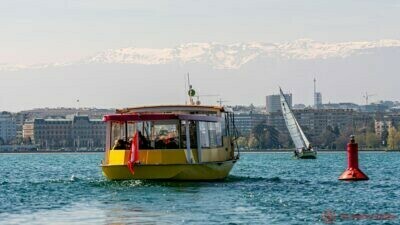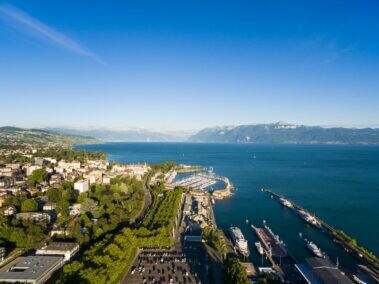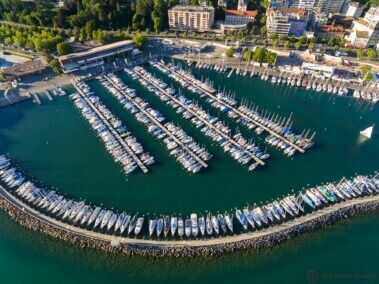Building Bridges: Fostering Collaboration Between Europe and Africa
Navigating Shared Histories and Futures is important for the amalgamation of cultural diversification. The words of Ban Ki-moon echo a profound truth that transcends borders: “Europe and Africa share proximity and history, ideas and ideals, trade and technology. You are tied together by the ebb and flow of people. Migration presents policy challenges – but also represents an opportunity to enhance human development, promote decent work, and strengthen collaboration.” In this exploration, we delve into the interconnected narratives of Europe and Africa, examining the opportunities for collaboration, policy challenges, and the potential for shared human development.
Navigating shared histories and futures is a profound journey that requires an understanding of our interconnected past and a commitment to shaping a collective destiny. By acknowledging and learning from our shared histories, societies can foster empathy and bridge gaps that may have arisen from cultural, political, or social differences. This shared understanding becomes the foundation for building a collaborative and inclusive future, where diverse perspectives contribute to a richer tapestry of ideas and innovations. Embracing this interconnectedness allows us to collectively address global challenges, from climate change to social inequality, forging a path toward a more harmonious and sustainable world. In this journey, respect for diversity becomes a guiding principle, empowering communities to celebrate their unique identities while finding common ground for mutual growth and prosperity.
The Tapestry of Shared Proximity and History
Europe and Africa, geographically proximate and historically intertwined, have woven a tapestry of shared experiences. From the colonial era to the present, the ebb and flow of people between these continents have shaped their destinies. Acknowledging this shared history lays the foundation for a collaborative future.
Diplomacy and collaboration emerge as key categories in fostering a meaningful connection. Leaders from both regions must engage in open dialogue, recognizing the complexities of their intertwined histories while seeking common ground for mutual growth.
Trade, Technology, and Economic Partnerships
Trade and technology, integral components of the relationship between Europe and Africa, represent avenues for economic collaboration. Businesses on both continents can benefit from strategic partnerships that leverage each region’s strengths. Market analysis is crucial for identifying opportunities and addressing potential challenges in economic collaboration.
Economic partnerships, as a category, require thoughtful planning and execution. Management consulting insights can guide businesses in navigating the complexities of cross-continental collaborations, ensuring sustainable and mutually beneficial outcomes.
Migration Policies: Challenges and Opportunities
Migration, while presenting policy challenges, is also a catalyst for growth and development. Strategic management of migration policies is vital for addressing the concerns of both regions. Risk management strategies should be employed to mitigate potential challenges while maximizing the benefits of population movement.
Effective communication becomes paramount in shaping migration policies that align with the ideals of collaboration and shared human development. Leaders must consider the aspirations of their people, fostering an environment where migration is viewed as an opportunity rather than a challenge.
Enhancing Human Development and Promoting Decent Work
The ultimate goal of collaboration between Europe and Africa is the enhancement of human development. Inspirational quotes emphasizing unity and shared values can serve as guiding principles. Leadership and management skills play a crucial role in steering this collaboration towards promoting decent work and ensuring a dignified life for all.
Time management tips can aid in setting realistic goals and milestones for collaborative projects aimed at human development. As both regions strive for progress, the emphasis should be on inclusivity and equitable distribution of opportunities.
Conclusion: A Shared Future of Prosperity and Navigating Shared Histories
In conclusion, Ban Ki-moon’s words resonate as a call to action for a shared future of prosperity between Europe and Africa. By navigating the complexities of their shared history, embracing economic collaborations, addressing migration challenges, and prioritizing human development, these continents can forge a path towards mutual growth.
Strategic planning and technology integration will play pivotal roles in realizing the full potential of this collaboration. As we stand at the crossroads of shared proximity and history, the decisions made today will shape a future where collaboration triumphs over challenges, and the ebb and flow of people become a force for collective progress.
#EuropeAfricaCollaboration #DiplomacyOpportunities #MigrationPolicies #HumanDevelopment























